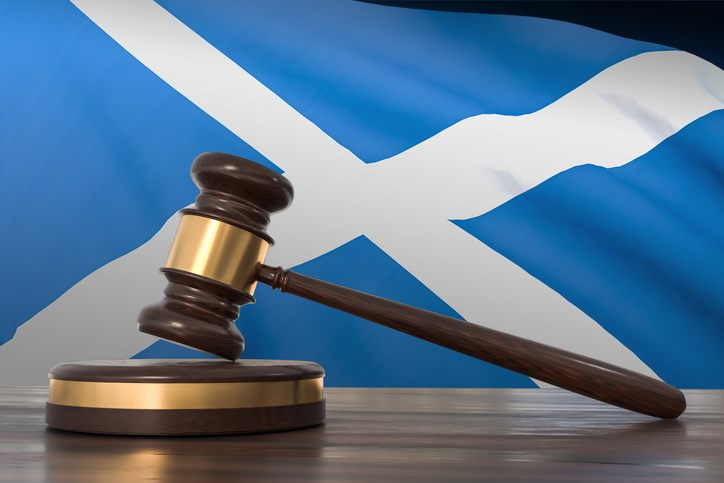The Scottish government cannot hold an independence referendum without UK government’s consent, the Supreme Court has ruled.
Lord Reed, who is the president of the Supreme Court, announced the unanimous ruling on Wednesday at 10.00am. He told the court that “the Scotland Act gives the Scottish Parliament limited powers”.
The Scottish Government had argued that Holyrood should be able to bring forward legislation allowing a vote to be held.
However, the UK Government made the case that it would be outside the legislative competence of the Parliament.


According to the terms of the 1998 Scotland Act, the Scottish Parliament has no powers to legislate where matters are reserved to the UK parliament, which includes the union between Scotland and England.
Lord Reed ruled that the power to hold a referendum on the Union was “a reserved matter”.
The Scottish National Party had previously said that they wanted to call a referendum for 19 October 2023.
The Supreme Court’s decision came more quickly than had been expected, after it was initially suggested a decision could take months.
Judges on the court heard evidence from Lord Advocate Dorothy Bain KC (representing the Scottish Government) and Sir James Eadie KC (representing the UK Government) in the case.
Under the arrangements set out by the Supreme Court, a Section 30 request would need to be made under the terms of the 1998 Scotland Act to the UK Government to temporarily transfer the necessary powers from Westminster to Holyrood to allow a referendum to be held.
The UK government has repeatedly said it has no plans to hold a new independence referendum. The last referendum took place in 2014, returning a majority for Scotland’s continued membership of the United Kingdom.

